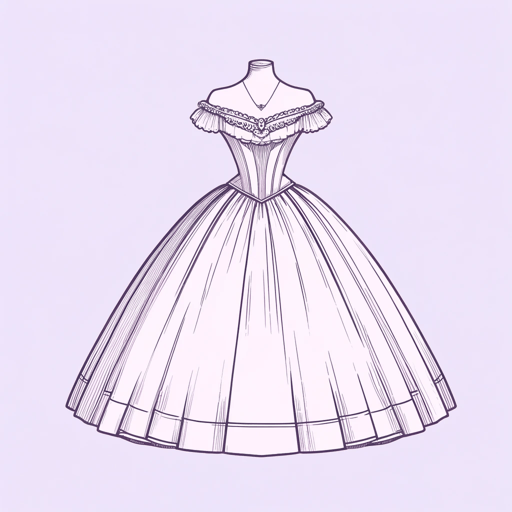33 pages • 1 hour read
Elizabeth GaskellThe Old Nurse's Story
Fiction | Short Story | Adult | Published in 1852A modern alternative to SparkNotes and CliffsNotes, SuperSummary offers high-quality Study Guides with detailed chapter summaries and analysis of major themes, characters, and more.
Important Quotes
“You know, my dears, that your mother was an orphan, and an only child; and I dare say you have heard that your grand-father was a clergyman up in Westmoreland, where I come from.”
(Paragraph 1)
Hester establishes herself as an outsider with her opening sentence. She comes from a place that is unfamiliar to the children who are her audience in the frame, and also less familiar to many of the readers of the story. Even though she comes from a distance, the early mention of a clergyman in the family helps to establish the respectability of the family Hester works for, and by extension, her own respectability.
“I was just a girl in the village school, when, one day, your grandmother came in to ask the mistress if there was any scholar there who would do for a nurse-maid; and mighty proud I was, I can tell ye, when the mistress called me up, and spoke to my being a good girl at my needle, and a steady, honest girl, and one whose parents were very respectable, though they might be poor.”
(Paragraph 1)
Hester continues to establish her respectability with details of her own diligence and honesty, her virtues as a domestic female who is “good at [her] needle,” and the honorable reputation of her parents. She lacks the economic status of the story’s readers, and she occasionally betrays her outsider status by dropping into dialect, but Hester embodies the merits of a middle-class woman.
“To be sure, I had little enough to do with her when she came, for she was never out of her mother’s arms, and slept by her all night long; and proud enough was I sometimes when missis trusted her to me.”
(Paragraph 1)
Here, Hester speaks of Rosamond’s mother who demonstrates her maternal affection by caring for her own child around the clock, even while a young nursemaid stands ready to do so. Hester’s pride in being trusted and her readiness to step in to care for the baby at any moment suggest that she also shares that caretaking capacity. Both women’s attitudes contrast to Lord Furnivall’s proud parenting and brutal treatment of his granddaughter, as well as to Miss Grace’s cruelty and Miss Maude’s willingness to live at a distance from the child she dotes on in order to save her reputation.
Related Titles
By Elizabeth Gaskell






